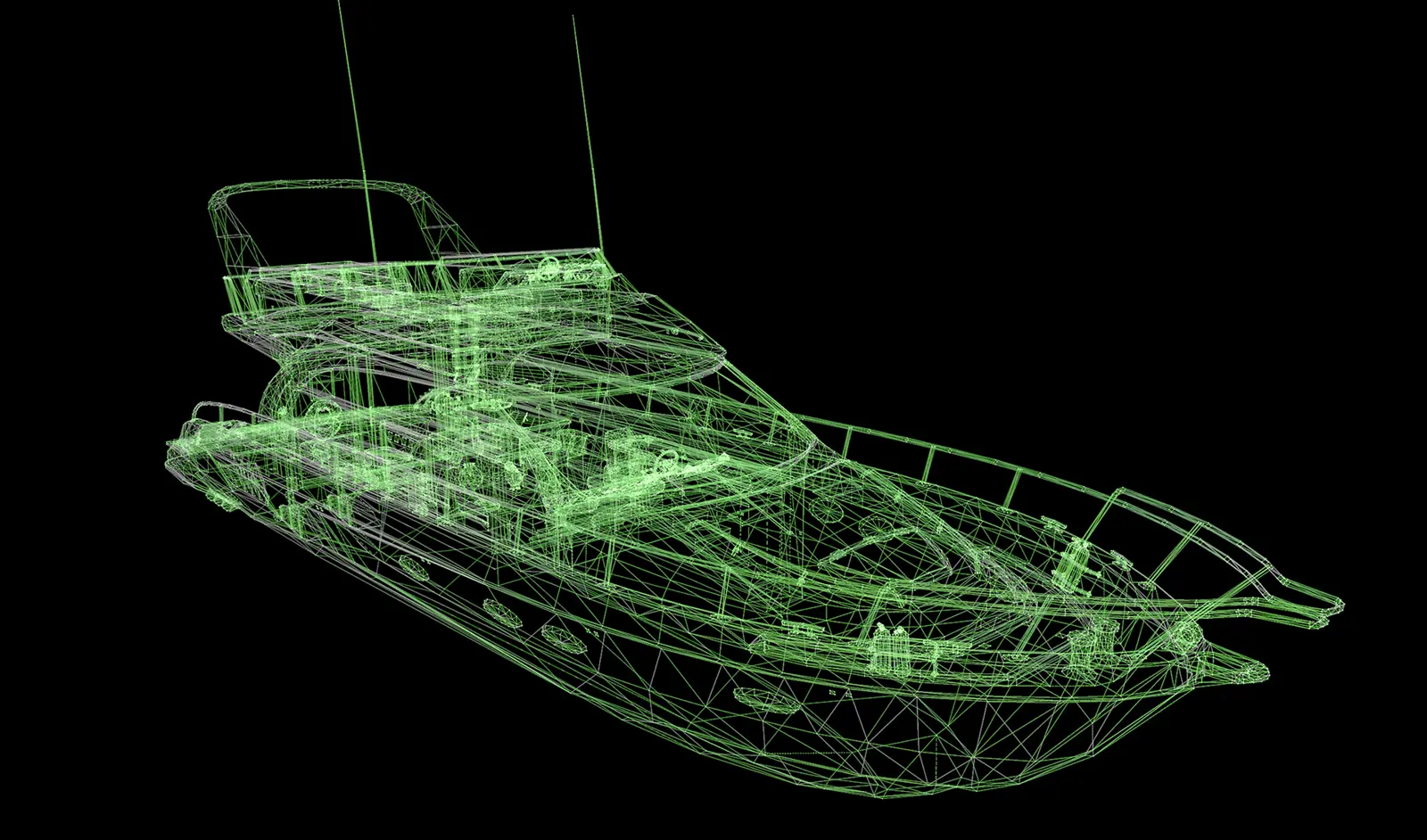Marine
Maximize performance and cost-efficiency with light, fast and tough boats and vessels.
Find out moreIf you can imagine it, we can probably help you build it. Offering low weight, high strength and great flexibility, applications using sandwich composites can be bent, curved and joined together in an almost limitless range of geometric configurations.
Durable and corrosion-resistant, sandwich composites are gaining ground in almost every industry sector. Today, you will find them in windmills, aircraft interiors, trains and trailers, cargo ships, luxury yachts and satellite dishes. Tomorrow, they will be everywhere. Potential applications for these high-strength, weight-saving materials are limitless.
Less weight means better fuel efficiency, lower emissions, higher speed, higher payload, longer range and lower transport costs. With lighter and fewer components installations can be done faster and cheaper. Sandwich composites provide excellent mechanical properties to much lower weight than traditional monolithic materials, such as steel. They can also be engineered with extreme precision to their loading requirements.

Sandwich structures contribute to the development of a more sustainable society. Firstly, due to their low-density properties, the cores themselves require a small amount of raw material, which also means that relatively little must be transported from the source to the construction site. Secondly, the lightweight and aerodynamic sandwich design reduces fuel consumption and emission throughout the entire lifetime of the application, saving both cost and the environment. Thirdly, very few or no additional natural resources are needed to repair or renew the applications, since composite materials are weather and corrosion-resistant, which means a minimum of maintenance and a long lifespan.
Applications that require a very high strength material at the lowest possible weight benefit greatly from a sandwich structure since they can be designed to be both strong and light. Also, when something is built with metal, and greater strength is required in one direction, the total structure ends up even heavier. Composites can be engineered to be strong in a specific direction and still be light weight.
When you need a very specific shape for your application, a composite solution is your answer. Composites can be molded into almost any shape, which gives full design freedom. When building sandwich composite structures, the materials are shapeable until the last stage of production in which they get their final shape. This allows for non-linear and smooth designs, which can be done not only for esthetic but also aerodynamic reasons. The skins of a sandwich could be of any material such as fiber-reinforced plastics, metal, wood, decorative laminates and even ceramics. All for the purpose of the final application or design aspect.

Sandwich composites save cost and a lot of hassle since non-organic materials are not sensitive to rot or decay. Structures built with sandwich composites resist damage from severe weather and harsh environment.
Fiber composites do not contain any metal, cannot be discovered by mines if used in navy ship structures and are possible to use around sensitive electronic equipment.
A sandwich radome allow signals to pass through with little loss of transmission, which makes composites ideal for use with radar equipment, whether on the ground or in the air.
Composites are good insulators since they don’t easily conduct heat or cold. They can be used in buildings for doors, panels and windows where extra protection is needed from severe weather.
In our wide range of core materials, you will find many other benefits, including fire resistance, sound insulation, very low water absorption, ease of repair, dielectric properties and component integration.
Maximize performance and cost-efficiency with light, fast and tough boats and vessels.
Find out moreUtilize the ultimate engineering solution to create lightweight, flexible and durable structures.
Find out moreHigh-performance buoyancy foam and sandwich core solutions for subsea and offshore applications
Find out moreLower lifetime cost, weight and environmental impact without compromising safety regulations.
Find out moreReduce the weight and total cost of composite parts to enable customers to reduce the LCoE.
Find out moreLearn more about the sandwich construction, how it works and in which application it can be beneficial.
Learn moreWith different manufacturing methods we can help you make the most of your composite core solution.
Learn more